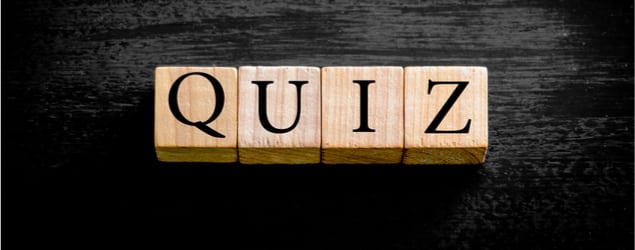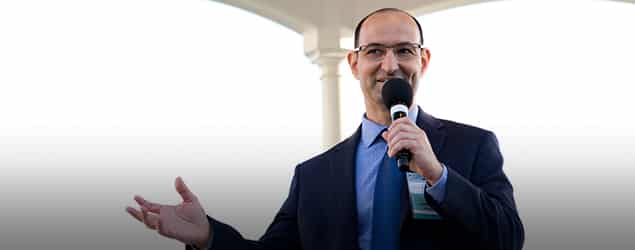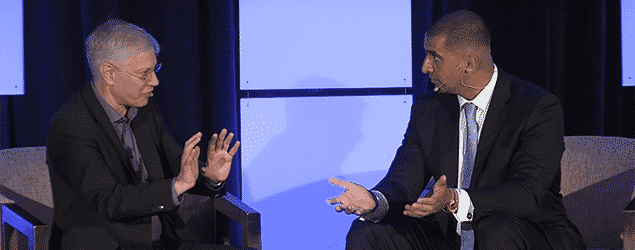Test Your Knowledge with ARI Campus Quizzes

Did you know that many of the courses on ARI Campus have multiple-choice quizzes embedded in the lessons? In this post we’ll focus on courses by Leonard Peikoff, while in a subsequent post we’ll look at material from other instructors.
Quizzes were not part of the original presentations by Leonard Peikoff, so if you audited that material in past years outside ARI Campus, you didn’t encounter these questions and answers. And if you haven’t yet taken the courses, you have many discoveries in store.
Here are just a few quiz questions to whet your appetite. The answers can be found by visiting ARI Campus and enrolling in the relevant course.
* * *
From Lesson 8, “The Life and Teachings of Socrates,” in History of Philosophy:
What does Leonard Peikoff cite as Socrates’ crucial discovery in epistemology?:
A. The importance of conceptual knowledge — knowledge of universals
B. That knowledge is gained primarily through the conversational method
C. That knowledge is impossible
D. That if we are to acquire genuine knowledge we must follow the mathematicians’ method of deduction
* * *
From Lesson 31, “The Rise of Modern Science and the Character of Renaissance Ethics,” in History of Philosophy:
Which of the following is not identified by Leonard Peikoff as one of the four roots of modern science?
A. The mechanistic materialism of Democritus
B. The basic this-worldly philosophy of Aristotle
C. The rejection of deduction in favor of induction
D. Pythagorean view of mathematics as the key to natural law
E. The Renaissance view of man as an active being
* * *
From Lesson 9, “Cyrano de Bergerac by Edmond Rostand — a Literary and Philosophical Analysis,” in Eight Great Plays:
Why does Cyrano — the embodiment of all the Objectivist virtues, including selfishness — commit the self-sacrificial act of renouncing Roxane forever?
A. Cyrano thinks true happiness in this world is impossible for a great soul like himself.
B. Rostand is committed to a tragic ending, even if he has to contradict himself to get it.
C. Cyrano is deathly afraid of hurting Roxane and will give up even his own happiness to avoid it.
D. All of the above
E. None of the above
* * *
From Lesson 10, “The Nature of Capitalism and Its Relation to Morality,” in The Philosophy of Objectivism:
Which of the following best characterizes the relation between morality and economics?
A. Morality is related to economics because every economic transaction involves the decision to deal with others morally or immorally.
B. Morality is not, strictly speaking, related to economics because economics is not a branch of philosophy.
C. Morality shapes the nature of a society’s political system, which shapes the nature of its economic system.
D. None of the above
* * *
Here are links to all of the ARI Campus courses with quizzes:
- Anthem (Keith Lockitch)
- Eight Great Plays (Leonard Peikoff)
- History of Philosophy (Leonard Peikoff)
- Introducing Objectivism (Ayn Rand)
- Moral Virtue (Leonard Peikoff)
- Philosophy of Education (Leonard Peikoff)
- Philosophy: Who Needs It (Ayn Rand)
- Objective Communication (Leonard Peikoff)
- Objectivism: The State of the Art (Leonard Peikoff)
- The Fountainhead (Keith Lockitch)
- The Morality of Freedom (Onkar Ghate)
- The Philosophy of Objectivism (Leonard Peikoff)
- We the Living (Onkar Ghate)
- What Is Capitalism? (Ayn Rand)



